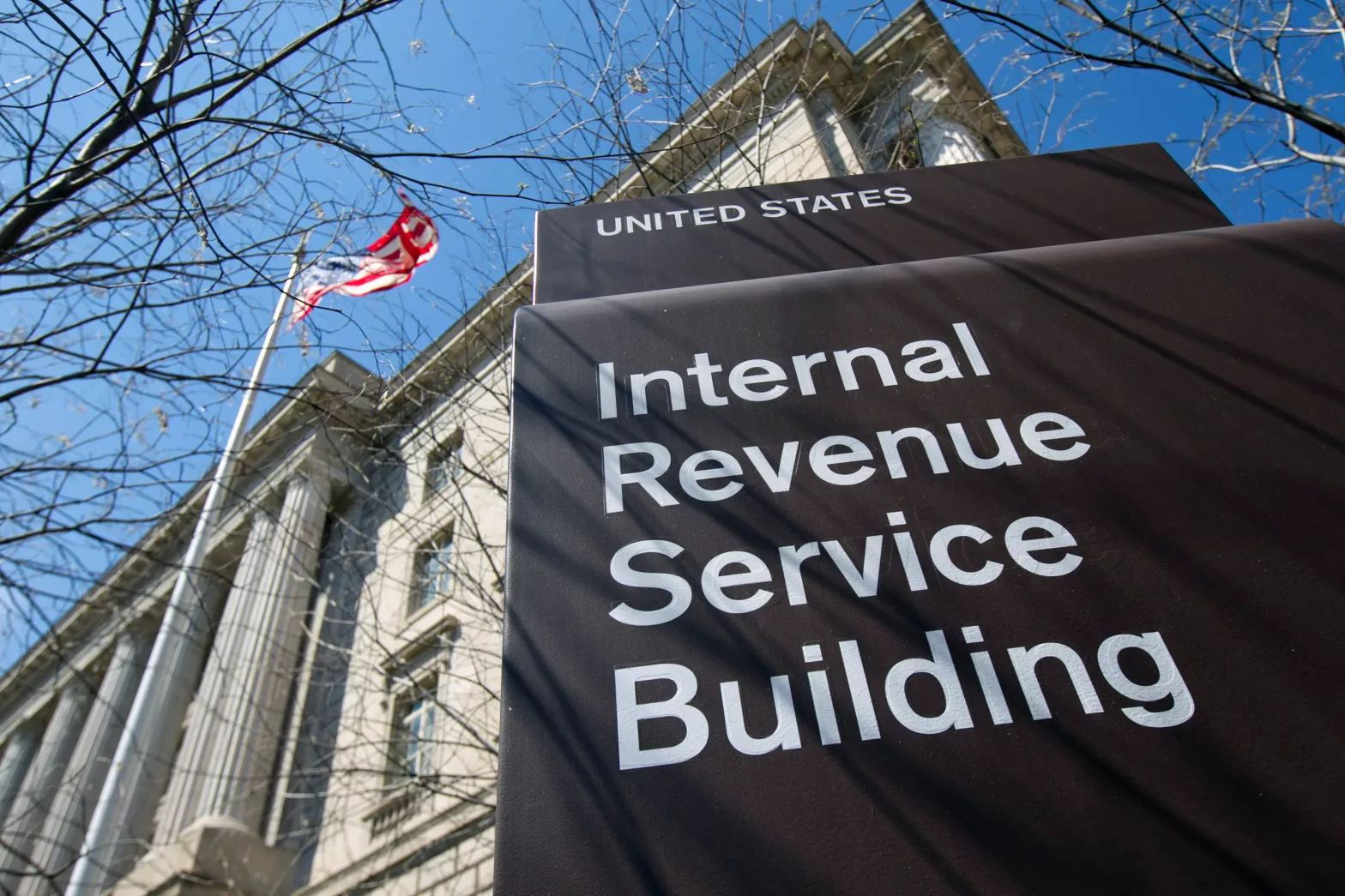The IRS will begin using AI to better detect tax cheating, among other things.
Image of the IRS building by Getty Images / Bloomberg (2011).
In what the agency is calling a sweeping effort, the US Internal Revenue Service will be utilizing improved tech as well as AI to allow its teams to “better detect tax cheating, identify emerging compliance threats, and improve case selection tools to avoid burdening taxpayers with needless ‘no-change’ audits.”
In the news release last Friday, the IRS announced a host of remarkable changes aimed at taxing the nation in a better and more economical way while holding the wealthiest filers accountable to pay the full amount of what they owe.
The years of underfunding that predated the Inflation Reduction Act led to the lowest audit rate of wealthy filers in our history. I am committed to reversing this trend, making sure that new funding will mean more effective compliance efforts on the wealthy, while middle- and low-income filers will continue to see no change in historically low pre-IRA audit rates for years to come.
Danny Werfel, IRS Commissioner
In the AI section, the IRS announcement notes how complex business structures and tax issues in large partnerships require a better approach to identify the highest risk issues. Expanding its Large Partnership Compliance program with the help of artificial intelligence, the agency will now use cutting-edge machine learning technology to examine partnerships with more than $10 billion in assets including hedge funds, real estate investment partnerships, publicly traded partnerships, large law firms and other industries.
Targeting the top earners with the help of AI and ML will allow the agency to crack down on very wealthy tax violators. The IRS will begin by opening investigations into 75 of the largest US partnerships in existence.
Over 1,600 taxpayers have incomes above $1 million and tax debts of over $250,000. This segment has been historically under-scrutinized and by the agency’s estimates, these taxpayers “owe hundreds of millions of dollars in taxes.”

